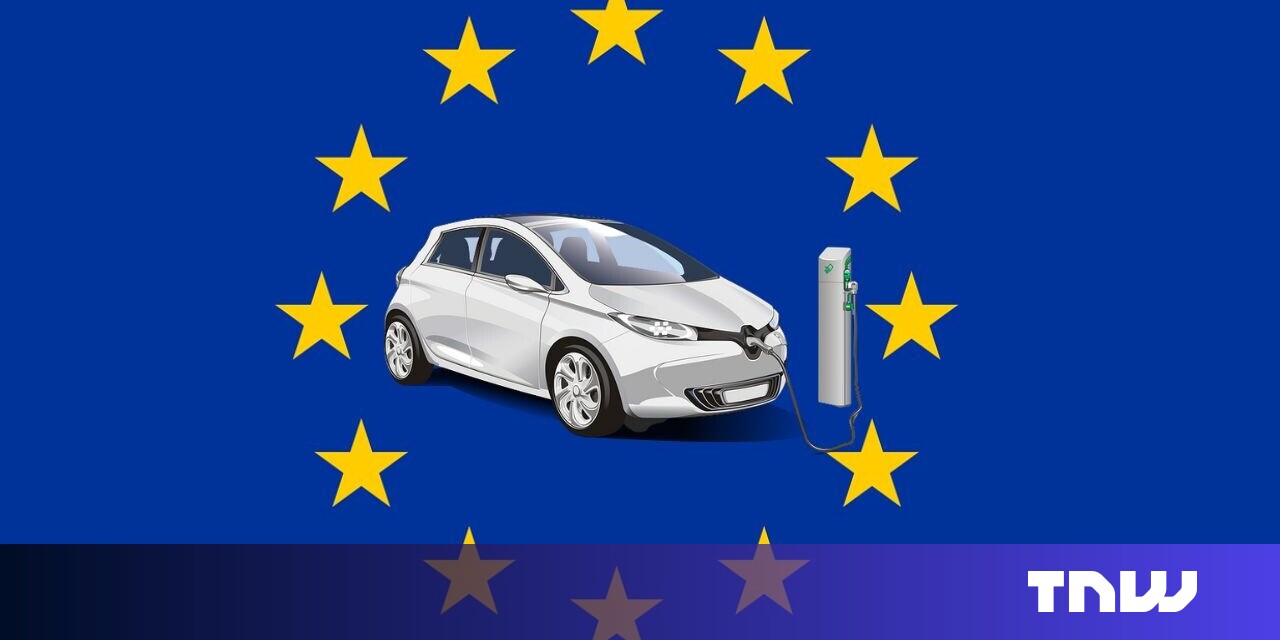EU's Battery Gamble: Will it Power the EV Revolution?
The European Union is making a bold bet on batteries. Its ambitious plan to become a global leader in battery production is a crucial piece of its green transition puzzle, aiming to power the electric vehicle (EV) revolution and secure its economic future. But is this a smart gamble, or a risky undertaking fraught with potential pitfalls? The answer is complex, involving a delicate balance of innovation, investment, and geopolitical considerations.
A Race Against Time: The EU's Battery Strategy
The EU's Battery Regulation, enacted in 2020, sets ambitious targets for battery production and recycling within its borders. This isn't just about powering EVs; it encompasses batteries for energy storage, e-bikes, and a host of other applications. The strategy aims to:
- Reduce reliance on Asian manufacturers: Currently, China dominates the global battery market, creating a dependency the EU is keen to break.
- Boost domestic production: Significant investments are being poured into building gigafactories across Europe, creating jobs and fostering technological advancements.
- Ensure sustainable sourcing of raw materials: The EU is focusing on securing responsible and ethical sourcing of critical minerals like lithium, cobalt, and nickel, minimizing environmental and social impacts.
- Develop recycling infrastructure: To create a circular economy, the EU is investing in efficient battery recycling technologies to recover valuable materials and reduce waste.
The Challenges Ahead: More Than Just Gigafactories
While the EU's ambition is commendable, several challenges threaten to derail its battery strategy:
- Raw Material Security: Securing a reliable supply of raw materials is a major hurdle. The EU needs to diversify its sourcing and invest in exploration and mining within the continent, while also navigating complex geopolitical relationships.
- Competition from Asia: China's established dominance and its aggressive investment in battery technology remain a formidable competitor. The EU needs to innovate and offer competitive pricing to attract investors and consumers.
- Energy Costs: The energy-intensive nature of battery production raises concerns about the overall carbon footprint and the reliance on potentially unreliable energy sources. Sustainable energy solutions are vital for the success of the plan.
- Skilled Labor Shortages: The rapid expansion of the battery industry demands a large and skilled workforce. Addressing potential skill gaps through education and training programs is crucial.
The Potential Payoff: A Greener, More Independent Europe
Despite these challenges, the potential rewards are significant. Success in the battery sector could:
- Accelerate the EV transition: A reliable and affordable domestic battery supply will be essential for widespread EV adoption across Europe.
- Boost economic growth: The industry will create numerous high-skilled jobs and stimulate innovation across related sectors.
- Enhance energy independence: Reducing reliance on foreign suppliers for batteries strengthens Europe's energy security.
- Promote sustainable development: Responsible sourcing and recycling practices will minimize environmental impacts.
Conclusion: A High-Stakes Game
The EU's battery gamble is a high-stakes endeavor with the potential to reshape the automotive landscape and the energy sector. While significant challenges remain, the strategic importance of battery technology for the EU's green transition and economic future cannot be overstated. The coming years will be crucial in determining whether this ambitious plan can power the EV revolution and deliver on its promises. The success of this endeavor will significantly impact not only Europe, but the global race towards sustainable energy and transportation.
Keywords: EU Battery Regulation, Electric Vehicle (EV) Revolution, Gigafactories, Battery Production, Raw Materials, Sustainable Energy, Green Transition, China Battery Market, European Economy, Battery Recycling
Related Articles: (These would be links to relevant articles on your site or other reputable sources.)
- [Link to an article about EV adoption in Europe]
- [Link to an article about the global battery market]
- [Link to an article about sustainable mining practices]
Call to Action: What are your thoughts on the EU's battery strategy? Share your opinions in the comments below!

